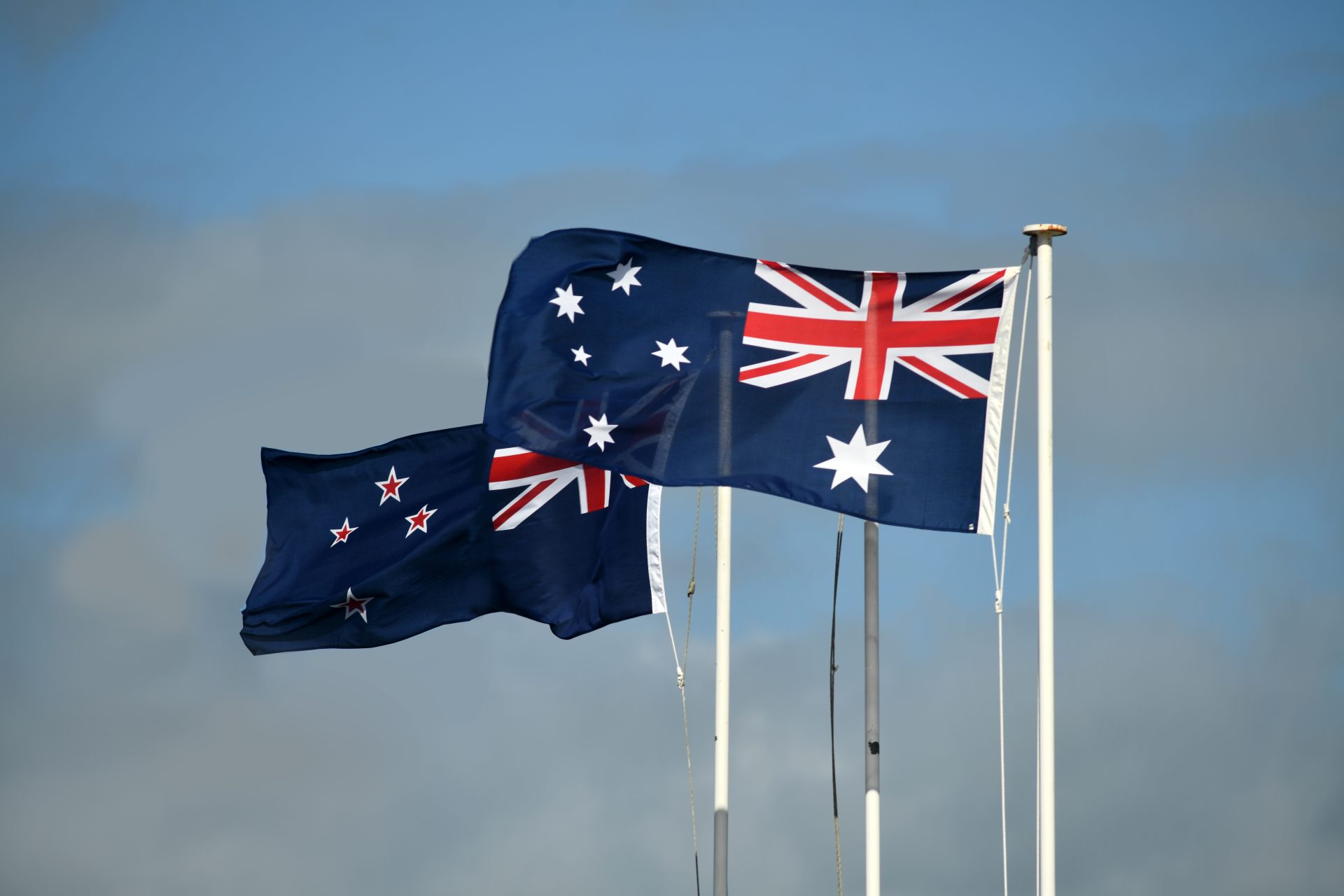
Longest BANS in NZ – Over a Haka Protest
New Zealand Parliament suspends three Māori lawmakers for performing traditional haka protest, setting off a firestorm of controversy over cultural expression and parliamentary decorum.
At a Glance
- Three Te Pāti Māori members received unprecedented suspensions after performing a haka in Parliament
- The longest suspensions in New Zealand’s parliamentary history were issued: 21 days for two members and 7 days for another
- The protest targeted a controversial bill that lawmakers argued would undermine Indigenous rights
- The suspensions were allegedly for approaching opponents during the haka, not for the cultural expression itself
- The incident has intensified debate about incorporating Māori cultural protocols into parliamentary proceedings
Historic Suspensions Follow Cultural Protest
Three lawmakers from Te Pāti Māori face unprecedented suspensions from New Zealand’s Parliament following their performance of a traditional haka during legislative proceedings. Hana-Rāwhiti Maipi-Clarke received a seven-day suspension, while her colleagues Debbie Ngarewa-Packer and Rawiri Waititi were handed 21-day suspensions—the longest in the nation’s parliamentary history. The dramatic protest occurred during debate on a bill that the lawmakers believed would reverse hard-won Indigenous rights, drawing immediate attention both domestically and internationally.
According to parliamentary officials, the suspensions were recommended not because of the haka itself but because the lawmakers approached political opponents during their performance. This distinction has done little to quell the controversy, as supporters of the suspended lawmakers point out what they see as an inconsistent application of parliamentary rules. The ruling party’s majority was expected to pass the suspensions regardless of opposition, highlighting the political divide that has characterized this incident from the beginning.
Cultural Expression Meets Parliamentary Protocol
The haka, a ceremonial dance with deep cultural significance in New Zealand, is regularly performed in various settings throughout the country, from sporting events to formal ceremonies. The incident has sparked renewed calls for Parliament to officially recognize Māori cultural protocols within its formal proceedings. Currently, no such accommodation exists, leaving Indigenous expressions of protest or ceremony in a procedural gray area that some lawmakers argue unfairly disadvantages Māori representatives trying to advocate for their communities.
“I came into this house to give a voice to the voiceless. Is that the real issue here?”, said Ms. Maipi-Clarke.
The parliamentary committee tasked with determining appropriate sanctions was deeply divided along party lines. Speaker Gerry Brownlee called for consensus during deliberations, but government lawmakers rejected proposals for lighter sanctions, resulting in a vote that fell along strict party lines. Opposition members unanimously voted against the harsh penalties, while government representatives voted in favor, further cementing the political nature of the response to what began as a cultural expression of dissent.
Broader Implications for New Zealand’s Race Relations
This parliamentary confrontation occurs against the backdrop of ongoing tensions regarding the Treaty of Waitangi, New Zealand’s founding document between the British Crown and Māori chiefs. The bill that sparked the protest could potentially alter how the treaty’s principles are interpreted and applied in modern governance. Despite official recognition of the treaty and its importance to New Zealand’s national identity, statistical data consistently shows that Māori citizens face significant social and economic disadvantages compared to their non-Māori counterparts.
“New Zealand lawmakers Hana-Rāwhiti Maipi-Clarke, Debbie Ngarewa-Packer, and Rawiri Waititi were suspended from Parliament after performing a Māori haka in protest of a proposed law that they argued would reverse Indigenous rights.”, said Hana-Rāwhiti Maipi-Clarke, Debbie Ngarewa-Packer, and Rawiri Waititi.
Maipi-Clarke, the youngest member of Parliament at 21 years old, has pointed out what she perceives as a double standard in the enforcement of parliamentary rules. She argued that other legislators have approached opponents during heated debates without facing similar penalties, suggesting that the cultural nature of their protest may have influenced the severity of the response. The suspension of these lawmakers removes key Indigenous voices from parliamentary proceedings at a critical time when legislation affecting Māori rights is being actively debated.


